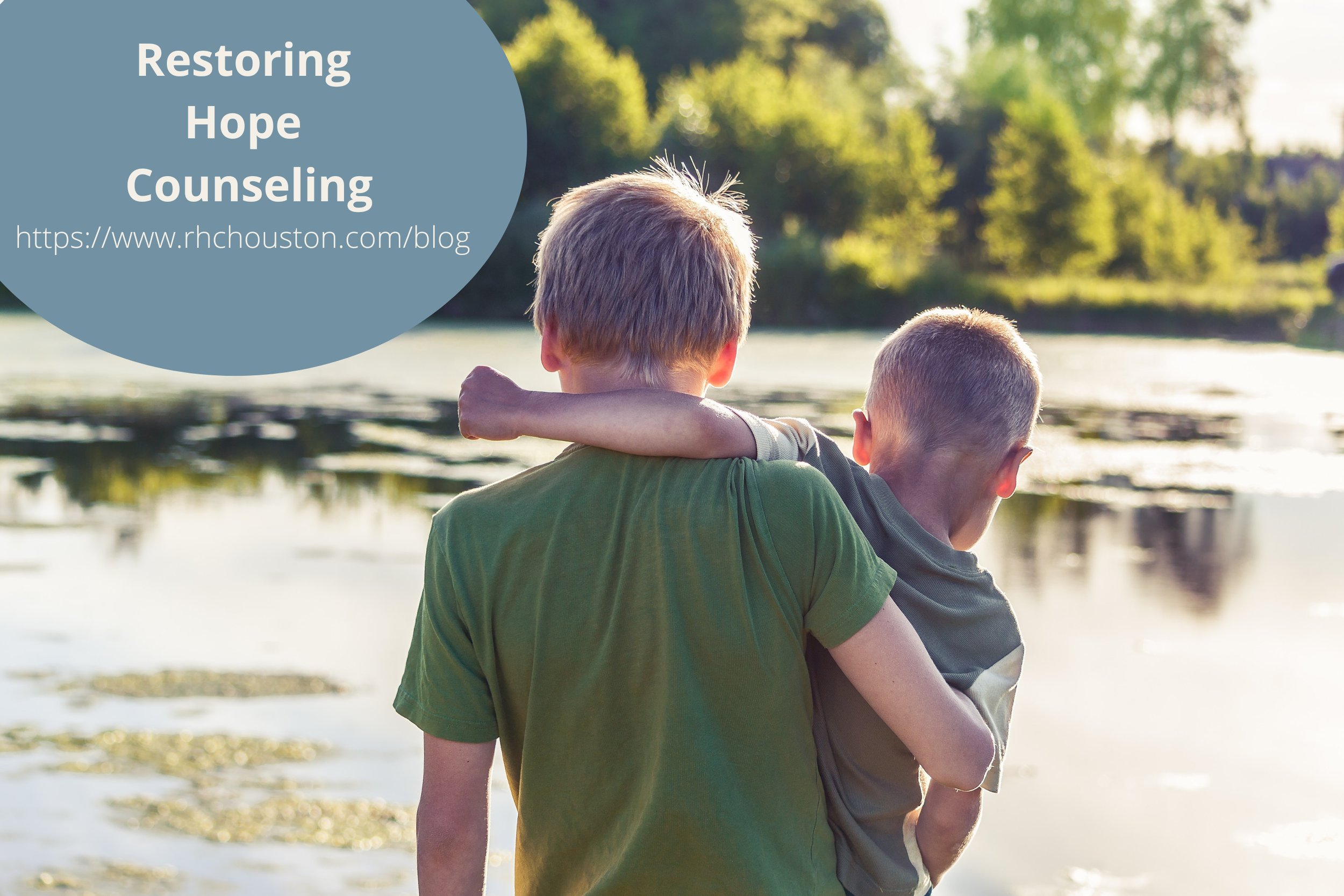Exploring Our Childhoods As A Means of Growth and Healing
Written By: Latricia Wheat, Graduate Student Intern
We often do not realize how our childhood experiences influence our interactions and relationships with others as we age. It is not uncommon for people to explain their behavior by saying “I have always been this way.” or “That’s just who I am.”
But what if there is something you have been burying inside just waiting to be discovered? When we are born, we are blank canvases. As we grow, our interactions and experiences with others can enhance our canvas, making it beautiful and bold. In contrast, some interactions and experiences can turn our canvases into something that we do not quite recognize. This is not to say that it is not beautifully made. It is possible, though, that we have grown accustomed to what is, even if it is not what we approve of or agree with. There may be a realization now that some things need to be corrected. Recently, more people have been exploring their childhoods to better understand how their past experiences are reflected in their present behaviors. Some others may be interested in fixing undesirable marks on their canvas but are not sure how to begin.
The first step is gentleness.
It is natural to assume that things that affected us as a child will not affect us as adults. Although this may be true for some, we should explore our childhoods with an understanding that some things might be painful to remember or talk about. Whether beginning the work by ourselves or with a trained professional, we should always grant ourselves grace. It is okay to have good and bad days. There are some days when we will feel change within ourselves, and there are others when we will not. The key is to be patient with ourselves as we work through the complexities of our childhoods, allowing for personal growth, healing, and self-acceptance along the way.
The next step is vulnerability, both with others and with ourselves.
Personal growth and self-discovery require vulnerability. By doing so, we can embrace ourselves, confront our fears, and cultivate deep relationships with others. This may call for us to spend quiet time alone. When distractions are eliminated and privacy is ensured, it can be easier to concentrate on emotions that may not be readily exposed. Journaling is another great way to become vulnerable. Writing down thoughts and feelings, without worrying about grammar or structure, can help us express ourselves honestly. Last, but not least, being vulnerable with ourselves can be challenging, and having a support system can make a significant difference. It may be helpful to talk about some thoughts and feelings with a trusted friend, family member, or therapist.
The final key step is openness.
When we face the wounds left by our past, it can be both challenging and liberating to embrace the potential for growth and healing. An open mind means being receptive to new ideas, perspectives, and experiences. It is acknowledging that our way of thinking and behaving may have been influenced by the experiences we endured as children. Positivity creates space for new possibilities and allows us to break free of limiting patterns. Remember that by being open, we are slowly making room for the person we want to be.
